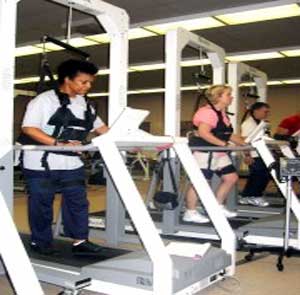More consumers and health professionals are using wearable technology to monitor their daily health metrics. Not surprisingly, wearable technology is forecast as next year’s most popular trend in health and fitness.
Read MoreHealth


Fasting before getting your blood drawn for cholesterol tests is common practice, but new research from Michigan State University shows it is a contributing factor of low blood sugar, or hypoglycemia, in patients who take diabetes medications.
Read More
A collaborative study led by a neurologist at Rush University Medical Center and an environmental scientist at the University of Illinois at Chicago suggests that weather patterns that cause dramatic changes in barometric pressure may increase the incidence of a type of stroke known as spontaneous intracerebral haemorrhage, that is, the rupture of a blood vessel in the brain.
Read More
Exposure to emerging contaminants, even at extremely low doses, can cause adverse health effects for humans, including endocrine disruption which can lead to developmental malformations, interference with reproduction, increased cancer risk and disturbances in the immune and nervous system functions.
Read More
When your doctor asks how often you exercise, do you give her an honest answer? How about when she asks what you’ve been eating lately? If you’ve ever stretched the truth, you’re not alone.
Read More
Diabetes is a serious disease that affects various parts of your body. In terms of the feet, it can lead to nerve damage, causing a loss of sensation in your foot. It can also affect the blood supply to your feet, making it difficult for injuries to heal.
Read More














